Sustainable Design
Create products and services with sustainable properties
Future trend sustainability & sustainable business models:
„What must sustainable future systems do in product and service design?"
Everyone is talking about sustainability. After the "Friday For Future" movement drew attention to the global ecological shortcomings last year, the topic has taken on new relevance in today's society. We are all now dealing with the issue of sustainability - in one way or another.
But what does it mean to be sustainable in business today? What is relevant when developing new product and service ideas - in a world in which the topic of sustainable thinking and acting is becoming increasingly important?
Principles for sustainability - what distinguish sustainable business models?
The topic of sustainability and sustainable management in digital product and service development is definitely still in its infancy - however, sustainable solutions are more in demand than ever. And they affect also the innovation sector.Forward-looking guiding principles can be used to develop new solution strategies that can have a positive and useful impact on society and the system.
The well-known entrepreneur John Elkington,who is also strongly committed to corporate responsibility and sustainable development (corporate responsibility), says that in order to achieve no hunger and no poverty in less than 15 years, an economic system has to work exponentially.
In other words, solutions must be developed that reach a higher level of ambition. In Silicon Valley one speaks of so-called “moon shots”. In this context, together with the UN Global Impact core principles were developed, how future systems have to work so that they can support sustainable development. The four core principles Social, Lean, Integrated und Circular provide the essential sustainable guidelines for so-called sustainable breakthrough business models.
In a nutshell - What do sustainable core principles mean?
In strategy and idea generation, the core principles of social, lean, integrated, and circular - if applied, can open up completely new perspectives on product and service development and thus business potential. Not all core principles need to be taken into account in the first step. It may also be sufficient to focus on 1-2 core principles to include sustainable aspects in future development.
Graphics: core principles for breakthrough business models considering sustainability (Volans/UN Global Impact)
From theory to practice - How can sustainable principles be transferred to product and service design?
When applied, sustainable principles can be interpreted differently depending on the industry and performance. The following examples show how this can look:
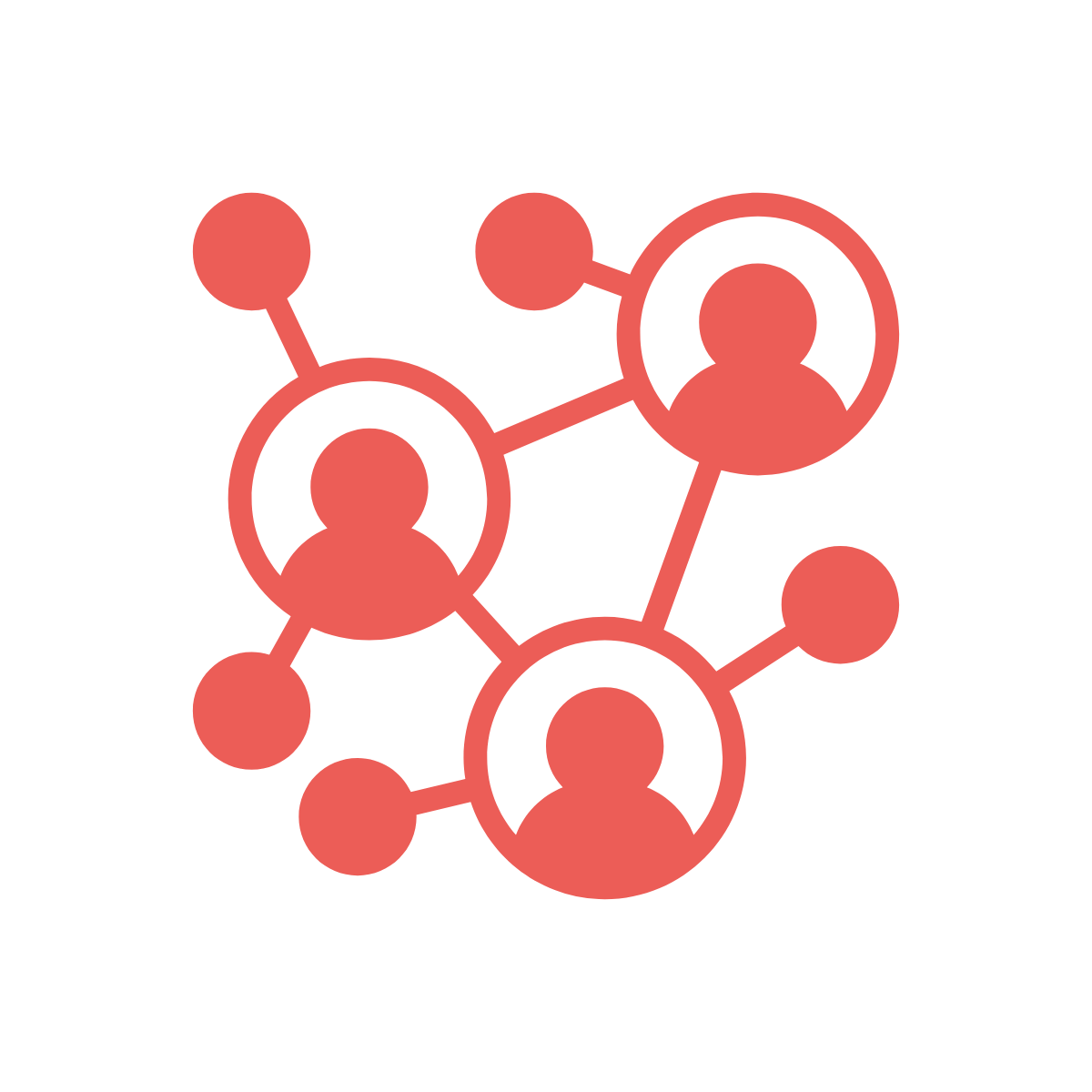
Think Social – Include socially relevant needs in product and service development to support social systems
In the context of a larger or sogn. exponential thinking in terms of social opportunities is about to think in bigger social challenges in product and service development and to find new solutions.
How you can adapt this social principle to products and services in digital business shows the Tomorrow Bank with their concept of “moral banking”. With a purely digital checking account, they develop the banking of tomorrow together with their customers and want to create a positive impact by investing the money exclusively in sustainable projects and products, such as in renewable energies or microcredit for small farmers. With the purely digital smartphone solution, they also aim to keep costs low for consumers and reduce administrative burdens.
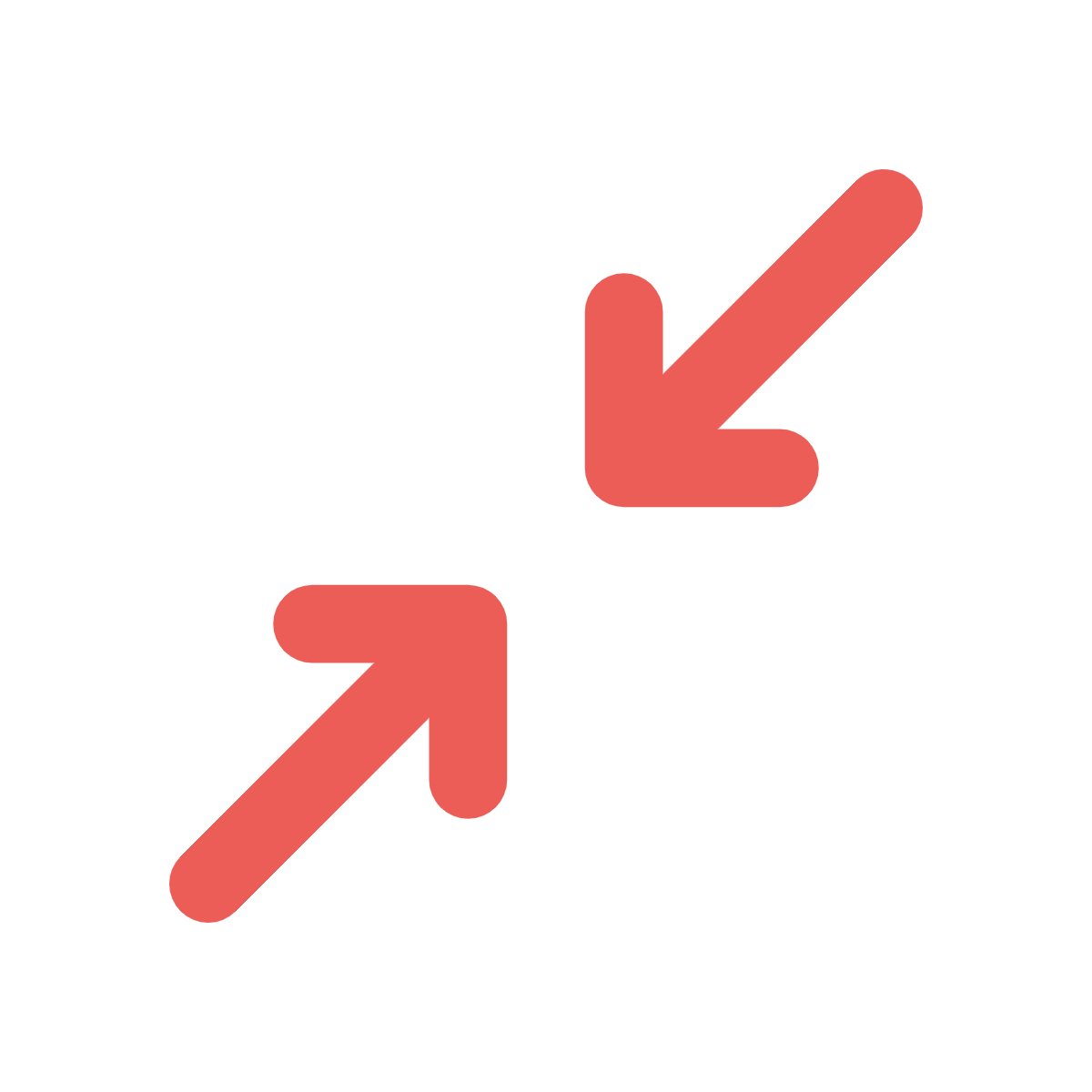
Think Lean - Create smart solutions that reduce the consumption of resources in the system
The principle of lean is about using financial, capacitive, human and natural resources even more effectively than before. For future-oriented products and services, it is important to use new forms of effectiveness that relieve the environment and the market economy.
The use of smart software solutions can create supportive approaches to regulate the consumption of resources and provide quick solutions. A good example of this new effectiveness is the area of smart mobility - the idea here is to organize mobility more effectively while saving resources and energy consumption. The eMobility Service app MOIA reflects the lean principle as “Product as a Service” for future-proof solutions. The app is used to configure carpools that have a similar destination and provide comfortable eCar collective taxis with MOIA chauffeurs at certain nodes on the route. With such a solution, resources are used effectively while reducing traffic on the road.
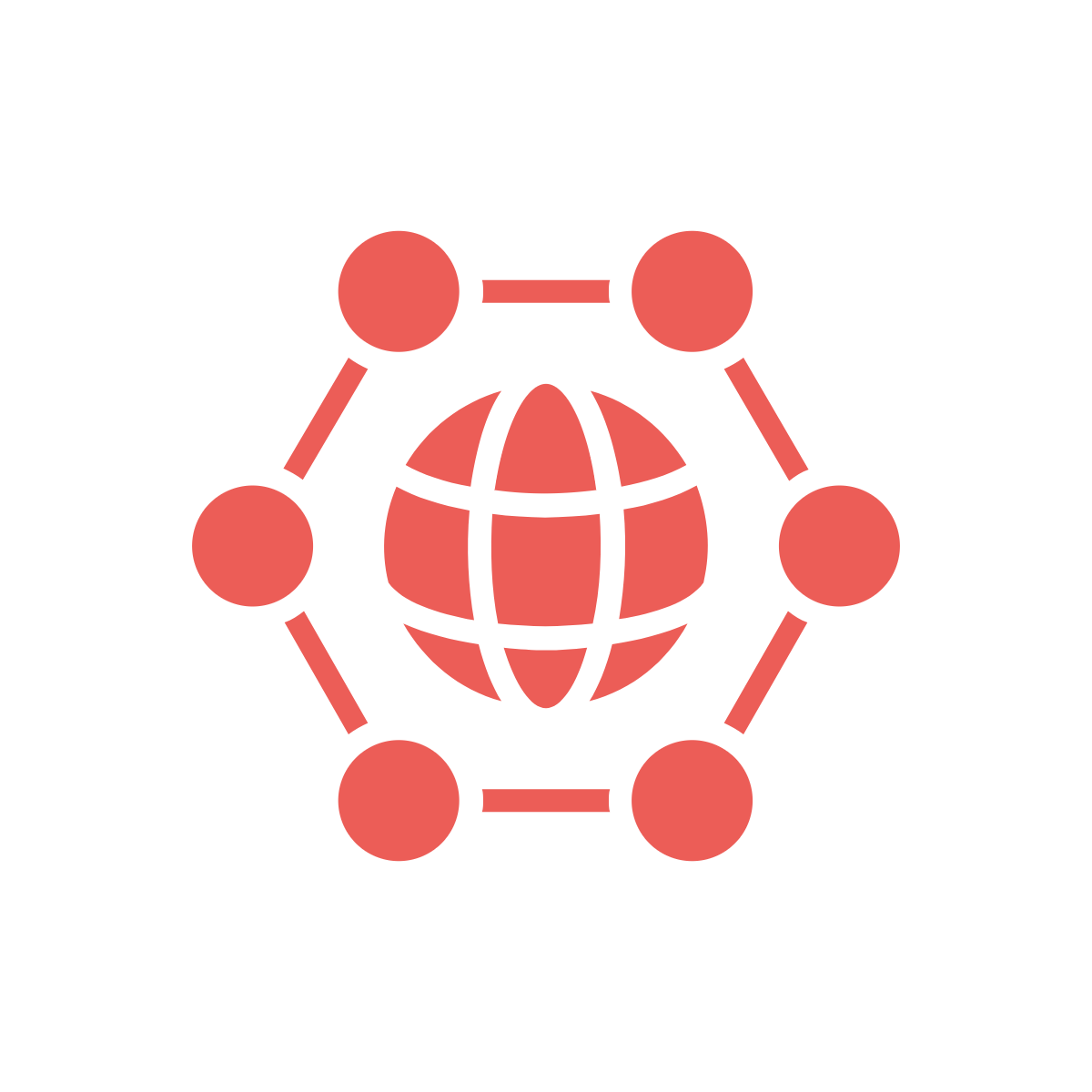
Think Integrated - Develop value propositions that allow regenerative, systemic solution strategies
In the future, it will be important for companies to create integrative solutions that secure a world worth living in for society and the environment for the future. This means that companies fully understand the needs of current and future generations and include a higher-level, sustainable value proposition in their business models and communicate this transparently.
Certainly one of the pioneers for such integrative approaches is the startup SONO MOTORS, an electric car manufacturer from Munich, who is currently revolutionizing the “way of thinking” in product and service development with his ambitious value proposition. With their mission"Sustainable mobility easy and affordable for everyone" the company goes far beyond regular product and service solutions in the automotive industry. The Sono Sion electric car is not only revolutionizing here through CO2-minimized driving via electricity and solar, it also focuses on low maintenance costs, e.g. with integrated digital mobility services via the specially developed “goSono” app. The app combines three sharing concepts in one vehicle: powerSharing, rideSharing and carSharing. This means that the vehicle owner can offer other people electricity, a ride sharing or the own Sion vehicle as a rental vehicle - profitable for the own wallet and the environment. With such missions, which stand for integrative system solutions, a business can react more flexibly and sustainably to a constantly changing market. Creating integrative value propositions is therefore worthwhile - even in purely digital product and service strategies.

Think Circular - Develop a product life cycle that protects vital substances and nutritional processes
One of the major challenges in the current era of changing economic systems will be to create products and services that do not produce waste or in any other way disrupt vital substances and nutritional processes. In essence, the circular principle means that product life cycles will no longer be linear in the future and thus have a beginning, a middle part and an end. It is thought and designed in a circular manner. For this, it is essential to design in regenerative cycles and to put a well-functioning ecosystem in the focus of (digital) product and service development.
The circular principle can be viewed from different levels in product and service development. On a specific product level, there are more and more sustainable startups that support a circular economic model. Example: The Dutch company Circular IQ, offers software that enables companies to find out exactly where their resources come from, how sustainable their materials are, whether chemicals are used or whether the products can be recycled at the end of their life cycle. The software then compares the current with alternative suppliers and the company can decide which is the most sustainable option.
Effort versus added value - what can be the advantage of setting up product and service strategies on Breakthrough Business models?
“Breakthrough Business Modeling” is a field of action for innovative business strategies that allows space for sustainable thinking and action. Principles based on sustainable guidelines for society and the environment give companies the opportunity to review and optimize existing product and service strategies. Not only can it open up new, lucrative areas of the economy, but it can also act in a larger, systemic context and sustainably support and protect it. Sustainable business doesn't mean giving up, it means Innovative strength and growth. The type of economic thinking can be changed enormously and thus gains a new dimension of value.
